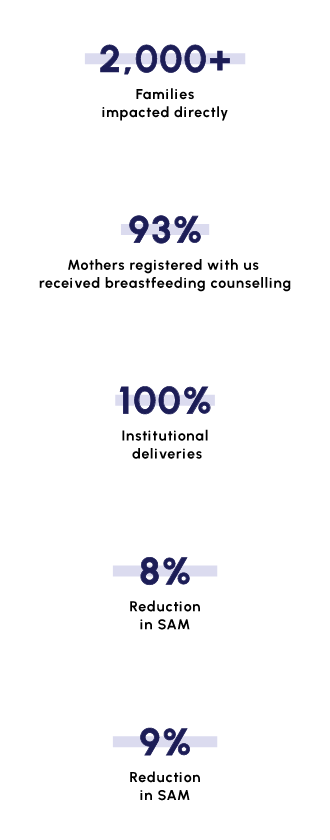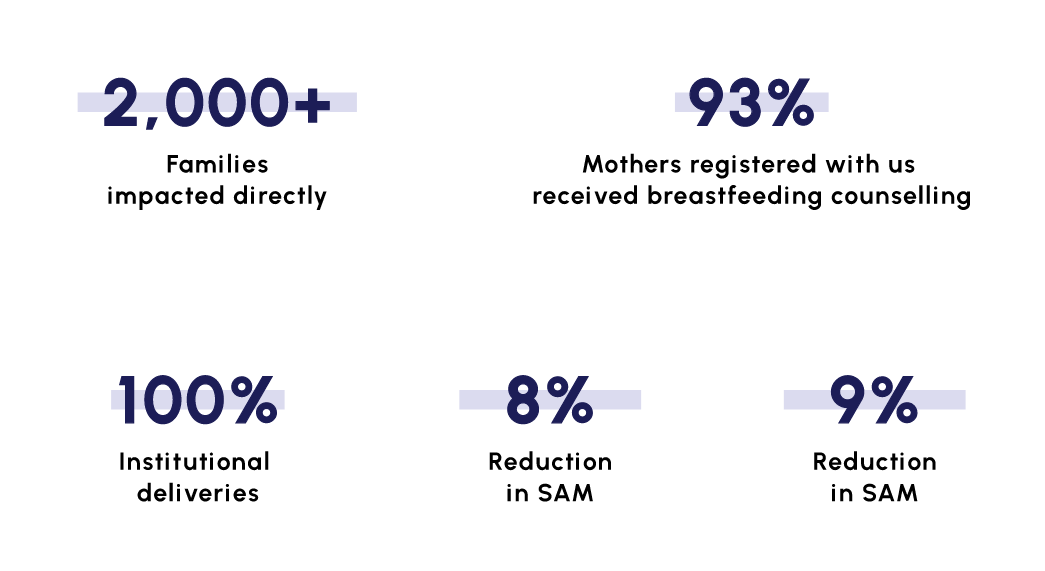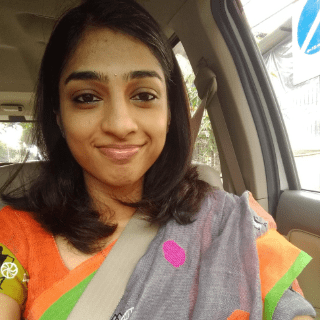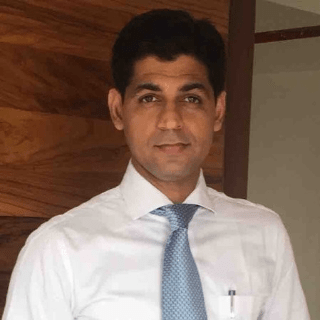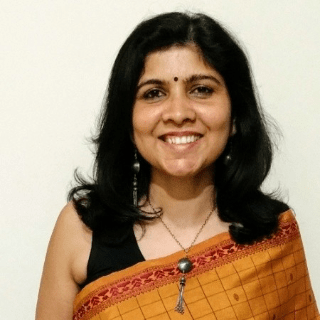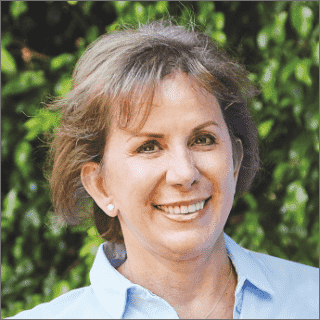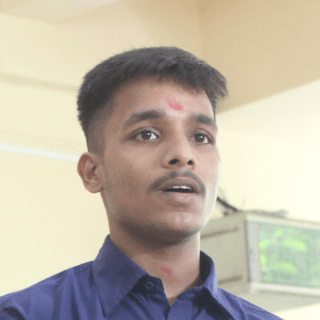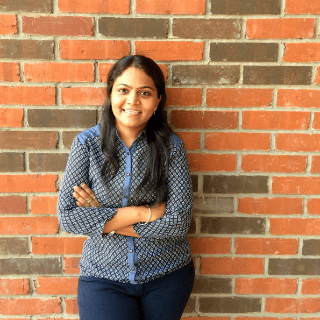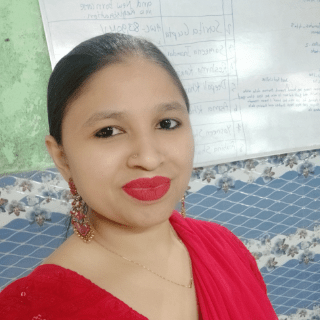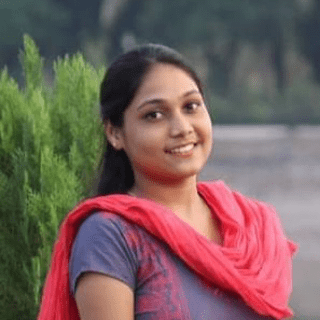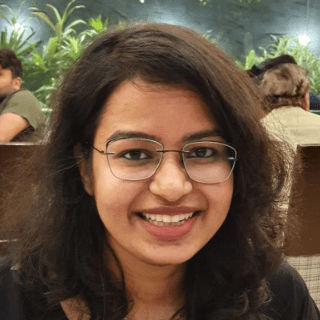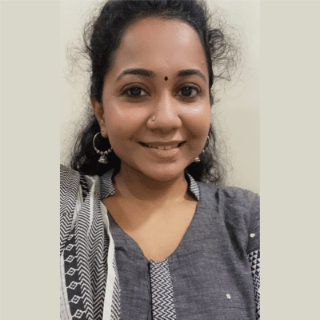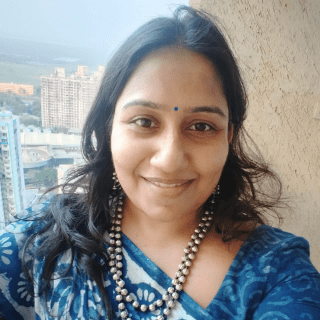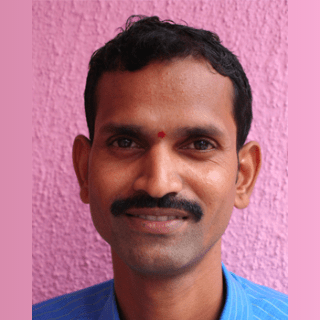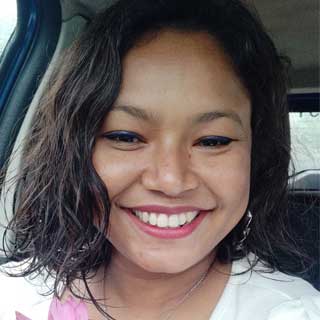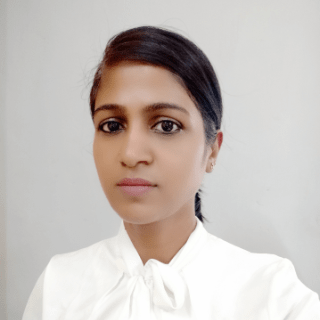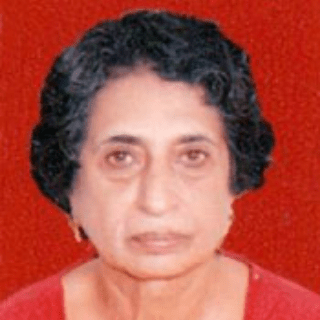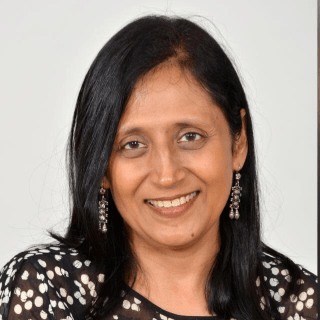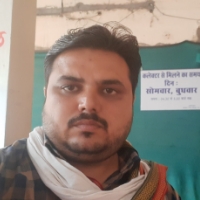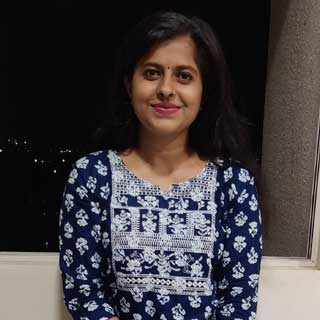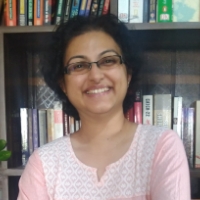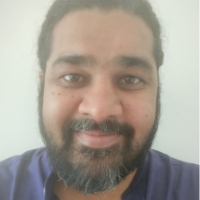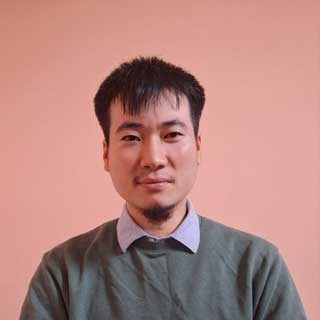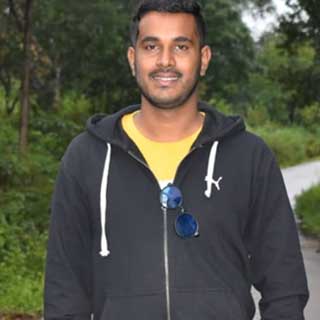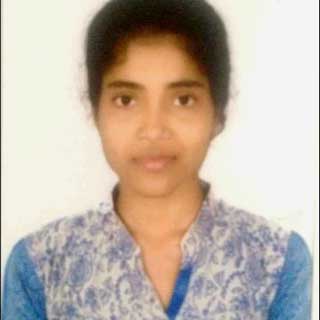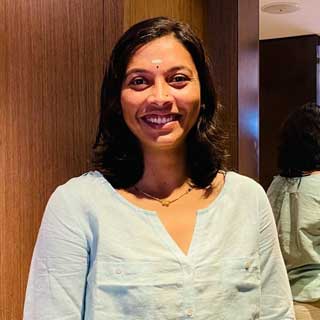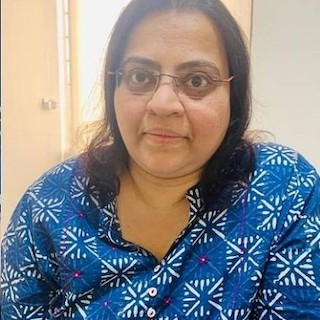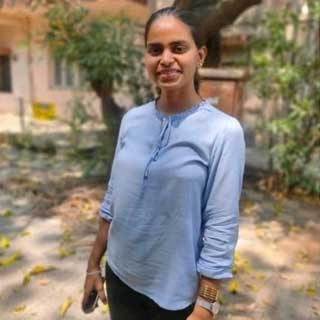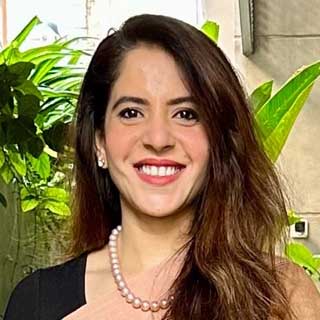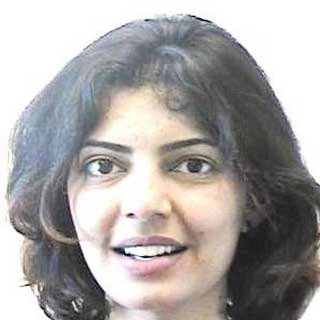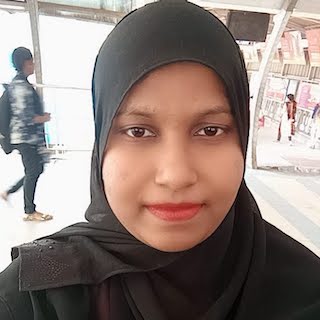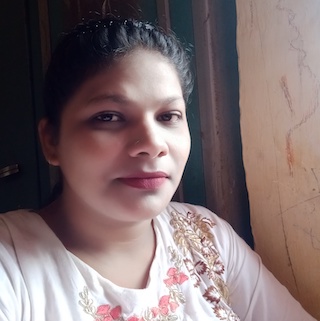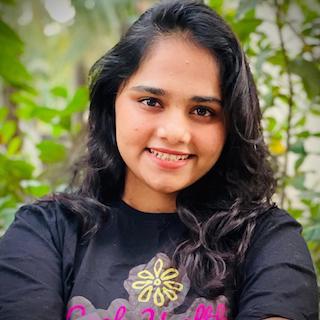POSHAN INITIATIVE
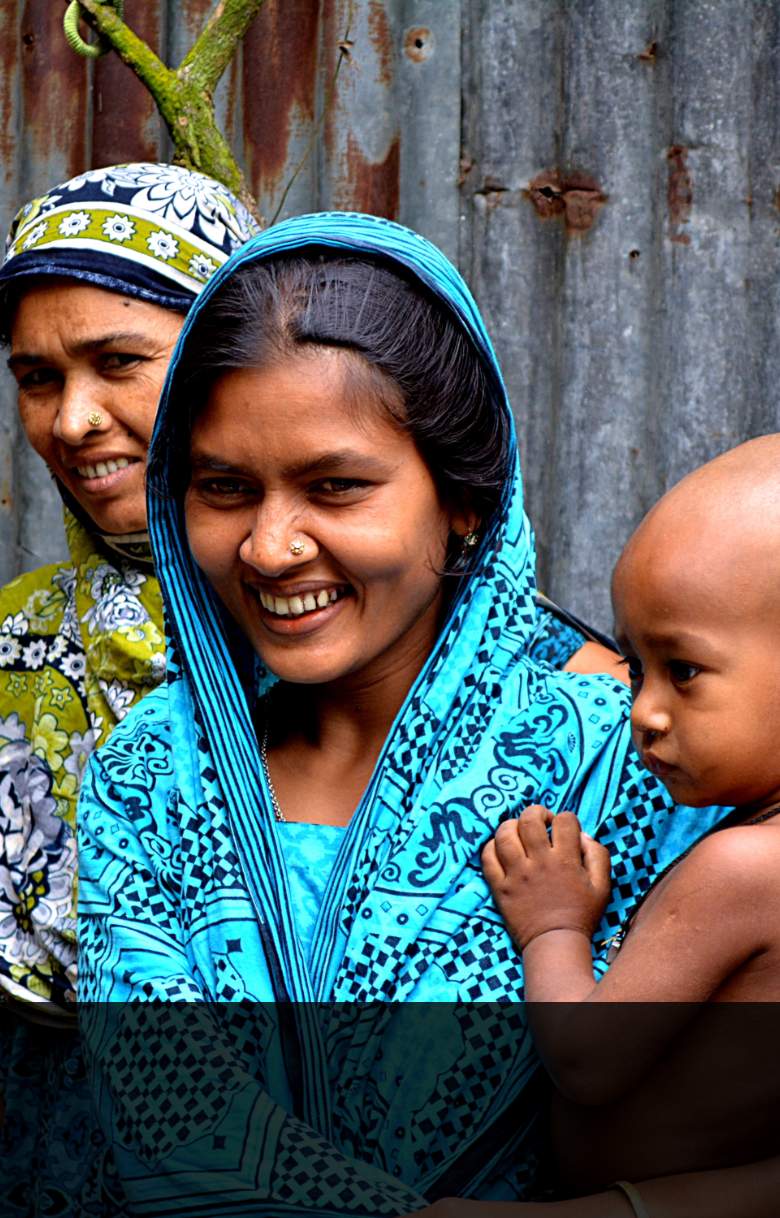
PROJECT POSHAN
About:
Poshan Initiative is oriented towards early detection of malnutrition in the urban slum population of Jarimari area, Kurla. It is aligned with child development protocols of Integrated Child Development Schemes (ICDS) – A flagship program of the Women and Child Department, Government of India.
Our direct intervention involves identifying and training women from local communities as field officers. The field officers counsel mothers and families with children in the first 1000 days on health and nutritional practices using our technology innovation, the NuTree app. This app is designed to support the frontline worker to counsel the families in the first 1000 days of the child’s life. This ensures access to high quality consistent care for all families at scale. The app tells the frontline worker which family she needs to counsel and what counselling she should be providing to them. It is contextualised, works offline, and can be translated to multiple languages – making it scalable, without a drop in quality. Biomarker indicators (height, weight, etc.) and behaviour change data is collected to track the progress and impact.
Our team of 76 field officers also supported a network of 600 Anganwadis in the community, by ensuring all the pregnant women and children in the 0-2 years age group in the vicinity come for growth monitoring. The growth monitoring is accurately done using digital machines provided by FMCH to each field officer. Each field officer is in charge of the wellbeing and counselling of approximately 350 families for the whole year.
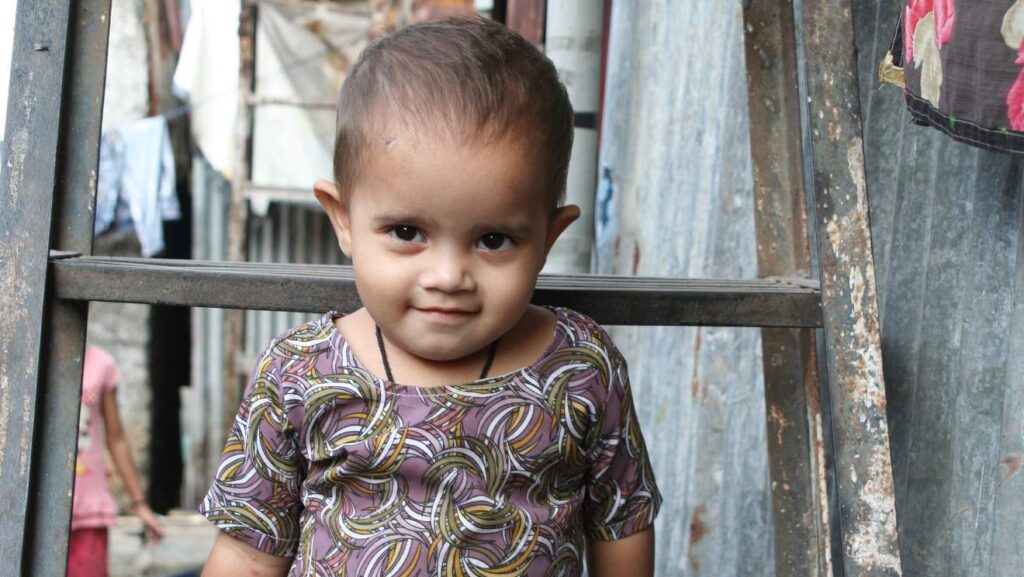
Education Sessions
“An investment in knowledge pays the best interest.” -Benjamin Franklin
We conduct elaborate education sessions with contextual curriculums – topics, indicators and set durations.
The objective is to empower vulnerable communities by enriching them with theoretical and practical knowledge.
1. Nutrition Course
A 5-session course including practical cooking demonstrations using locally available ingredients that are low cost, nutritious and time-efficient.
Goal:
To prevent malnutrition in children especially during first two years of life, adolescent girls, pregnant and lactating mothers through:
• Improvement in food choices made by mothers/family.
• Improvement in nutritional status of the child.
• Reduction in junk food consumption amongst children.
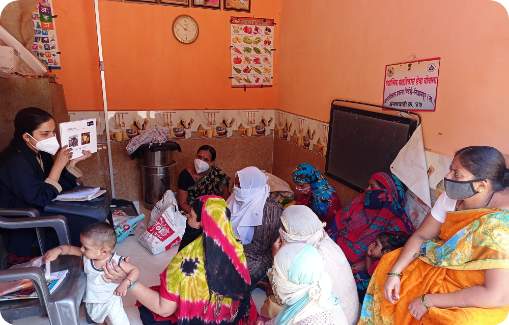
2. Pregnancy Club
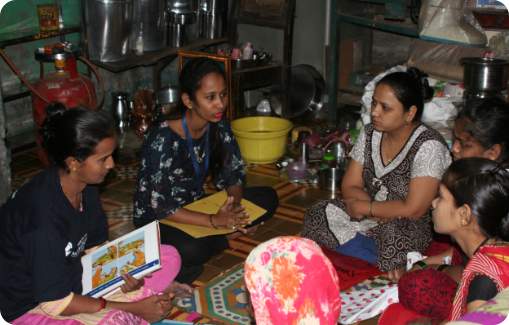
3. Community Events (Offline & Online)
Several theme-based community events throughout the year – for instance, women’s day, mother’s day, father’s day, breast-feeding week, nutrition week. The team organizes activities like cleanliness drives, oral health camps, health check-up camps and community awareness campaigns in the form of street theatre (eg: importance of wearing masks and sanitization).
The post-pandemic world stopped on-field activities, leading to online events. They’re held with the help of social media platforms like Facebook, Instagram and most importantly, WhatsApp groups.
Goal:
• To engage the community at large towards building awareness and action for prevention of malnutrition.
• To promote the importance of good nutrition and health behaviours.
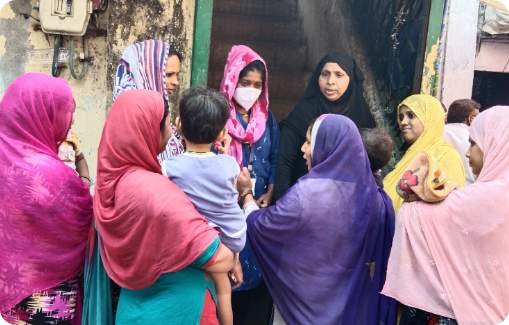
Counselling
Each family that is registered with us is counselled one on one by our front-line worker. This is the most important part of our intervention. We use our in-house app NuTree to help us with counselling.
Why was the NuTree App developed?
Challenges in MCH Program delivery:
In the first 1000 days, the volume of knowledge varying across age-segments is diverse. For instance, the information, and desired behaviour in the first trimester of pregnancy is vastly different from what is needed after the child is 6 months old. Thus, timely information needs to be given to each mother and family based on their need at that point. “Dumping” information leads to disengagement and leads to “overwhelming” feeling. The frontline worker needs to be able to give the family timely support. Each counselling has several IEC materials. Without the help of technology, scheduling visits for each of the mothers becomes challenging and so does managing monitoring of data. To help us overcome these challenges, we developed the NuTree App.

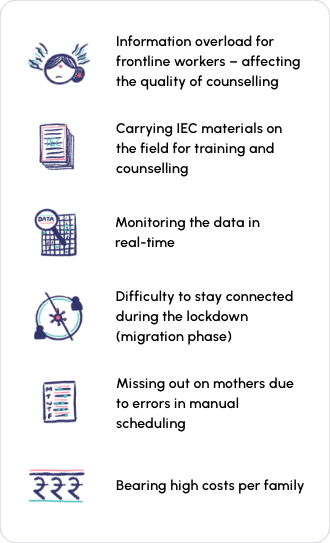
The NuTree app enables timely information to be given to each family and serves as a beneficiary tracking and management tool. and we are able to maintain quality as we scale. We are able to effectively track all families even during migration times. Dashboard have been built to analyse this data on a periodic basis. Several partners have been on boarded to execute the 1000 days’ program using the NuTree app.
Here are some of the app’s main features:
• Decision tree that navigates through all counselling points.
• WhatsApp integration for sending photos/videos to mothers for reference.
• Data collection and analysis through real-time dashboards.
• Multilingual support for inclusivity and enhanced user experience.
Systems and Community Support
1. Anthropometric measuring
It takes place on a monthly basis as part of the ICDS weighing day. The ICDS staff, along with the FMCH field officers, conduct growth monitoring for registered women and children.
Goal:
• To assess physical development of children under age two and weight gain for pregnant women.
• To capture data for assessment of nutrition status (as per WHO guidelines), and analyse it for discovering areas of improvement.
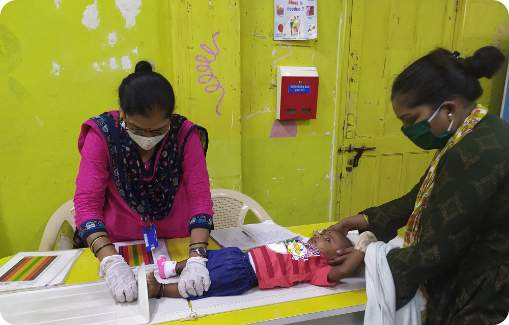
2. Anganwadi Training & Supervision
Training at FMCH is unique as we focus on current and relevant training tools which are piloted in our own intervention areas. They include and incorporate over 10 years of experience, actionable knowledge, customised training packages based on requirements, real-time on-field experiences and more.
Goal:
• To build knowledge, skill, and capacities of frontline workers.
• To provide handholding support and supervision to the trained frontline functionaries for smooth implementation.
• To create a pool of change-makers who will bring about social behavioural change in the communities.
We envision that our training will help these change-makers create an ecosystem – leading to a shift in the indicators for mother & child health.
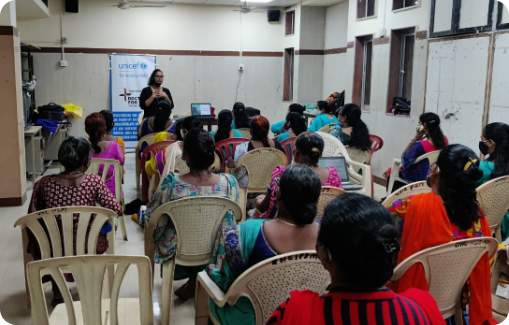
Reach and Impact:
